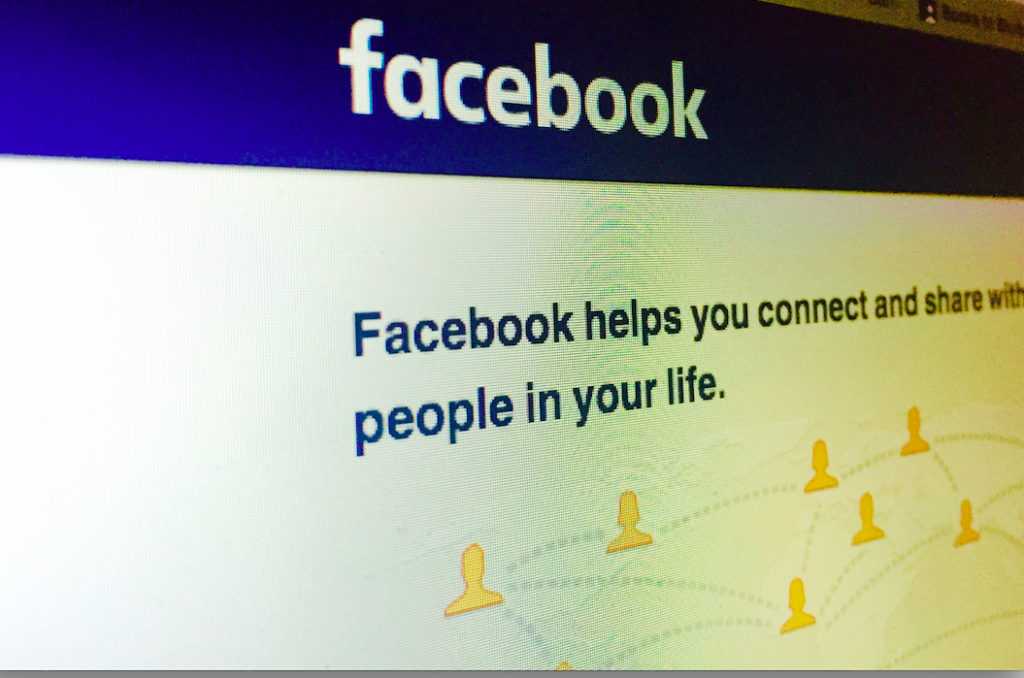Floyd Mayweather, Jr. is a rich and successful man. According to many sources he is the highest paid athlete in the world. He is also the most successful prizefighter of this generation, currently undefeated in the ring, ranked #1 in the world, and holder of the WBC Welterweight title. If there is a level of success in pugilism that Mayweather has not yet attained, I’m not sure what that is.
It turns out that triumph in the ring doesn’t always translate to imperviousness on Twitter. Mayweather has been mocked on social media for several days now, ever since a radio station in New York released audio of his painful struggling to read a 10 second advertisement spot on the air (called a “drop” in radio lingo). Though most of us can sympathize with nervous stuttering in public, Mayweather’s lack of gab is hard to listen to; he stops, restarts, stops again after a few words (“I’m Floyd Mayweather” to be exact), ends phrases prematurely…in short, he sounds illiterate.
The jokes at Mayweather’s expense have come fast and furious. Rapper 50 Cent, after he posted memes and one-liners mocking Mayweather, challenged him via Instagram to read one page of a Harry Potter novel without a mistake, for which the rapper would donate $75,000 to a charity of Mayweather’s choice. Mayweather responded with his own Tweet:
Read this $72,276,000.00. God bless. pic.twitter.com/dpwE3X7eLR
— Floyd Mayweather (@FloydMayweather) August 23, 2014
A few have scored the beef 1-0 in favor of Mayweather.
I don’t want to pretend that Mayweather’s George VI moment is a significant turn in current events. Nor am I particularly eager to plumb the depths of his feuds with what seems like half the hip-hop industry. What I do find interesting though is that many people seem to really believe that Mayweather’s “flashing the cash” is the final word here. “Keep your reading, Floyd’s got mansions.” Mayweather’s multimillion payouts might be a good reason why 50 Cent shouldn’t make fun, but does it make struggling in a 5th grade reading level acceptable?
The logic underneath flashing the cash says that reading and basic intellectual pursuits have quantifiable value, which can be fairly compared to other quantifiable things, such as salaries, purses, or stock options. Your reading is, in this view, worth whatever it produces or enables you to attain. Literacy is thus placed on a flat table, next to a singing voice or tremendous athleticism, and measured in worth according to how well it can foment financial success for its owner. Literacy means a lot more to J.K. Rowling than it does to Floyd Mayweather, and physical strength and prowess mean more to Mayweather than to Rowling. What really matters in this line of thinking is using a habit, like reading, to gain financial success.
This worldview is everywhere. My local library has pictures of famous actors like Denzel Washington, sitting with a book in hand and the word “Read” in arresting bold font. The idea is that if you want to be like your favorite stars, you should read like they do. Or take the “readers are leaders” campaigns. It would be much more accurate to say that “leaders are readers” (in fact, that’s what Truman actually said), but the advantage to saying readers are leaders is that you can draw a straight line from the act of reading to the reward of leadership. The unintentional message is that books contain cash, not just words.
This isn’t the right view of literacy. Reading is not a skill or hobby particular to certain personalities; it’s a thoroughly human activity that benefits us at an existential and not just financial level. True, what people read and how often they are reading will depend much on individual temperament and life situation. I also don’t want to be misconstrued as saying any reading is good reading (that self-evidently false idea has been peddled to my generation’s injury). What I am saying is that literacy and reading is not about becoming more employable. That’s not why we are creatures that crave stories and words. Rather, literacy is an elemental part of who we are as divine image bearers, fashioned in the likeness of a Creator who is supremely verbal and treasures the written word.
Karen Swallow Prior made just this point a while back ago in a piece for The Atlantic called, “How Reading Makes Us More Human.” Prior is a Christian and professor of literature at Liberty University. She summarizes beautifully the transcendent blessings of reading:
Because it goes beyond mere biology, there is something profoundly spiritual — however one understands that word — about the human ability, and impulse, to read. In fact, even the various senses in which we use the word captures this: to “read” means not only to decipher a given and learned set of symbols in a mechanistic way, but it also suggests that very human act of finding meaning, of “interpreting” in the sense of “reading” a person or situation. To read in this sense might be considered one of the most spiritual of all human activities.
It is “spiritual reading” — not merely decoding — that unleashes the power that good literature has to reach into our souls and, in so doing, draw and connect us to others. This is why the way we read can be even more important than what we read. In fact, reading good literature won’t make a reader a better person any more than sitting in a church, synagogue or mosque will. But reading good books well just might.
As a native Kentuckian, I have encountered many people who imagined a great gulf between a book and actual work. I’ve even heard the literary life called “lazy” and contrasted with the “honest, hard work” of a rural or industrial life. Granted, a lot of this comes from issues of class and economy that I have neither the desire nor wisdom to parse. But perhaps a reason this thinking persists is that those of us who are avid readers have tried to market literacy as a hobby for some instead of enrichment for all. C.S. Lewis once wrote that friendship and art were things without any survival value; rather, they give value to our survival. I might even suggest that literacy imparts both!
If you can be successful without being a bookworm, by all means pursue your God-given gifts. You don’t need a Master’s degree or an impressive personal library in order to live a rich, God-honoring, neighbor-loving life. But when it comes to loving the written word and the soul-building exercise of reading, don’t fall for the trap of “flashing the cash.” The troubles of a small bank account cannot compare with those of a small, Bible-starved imagination.












